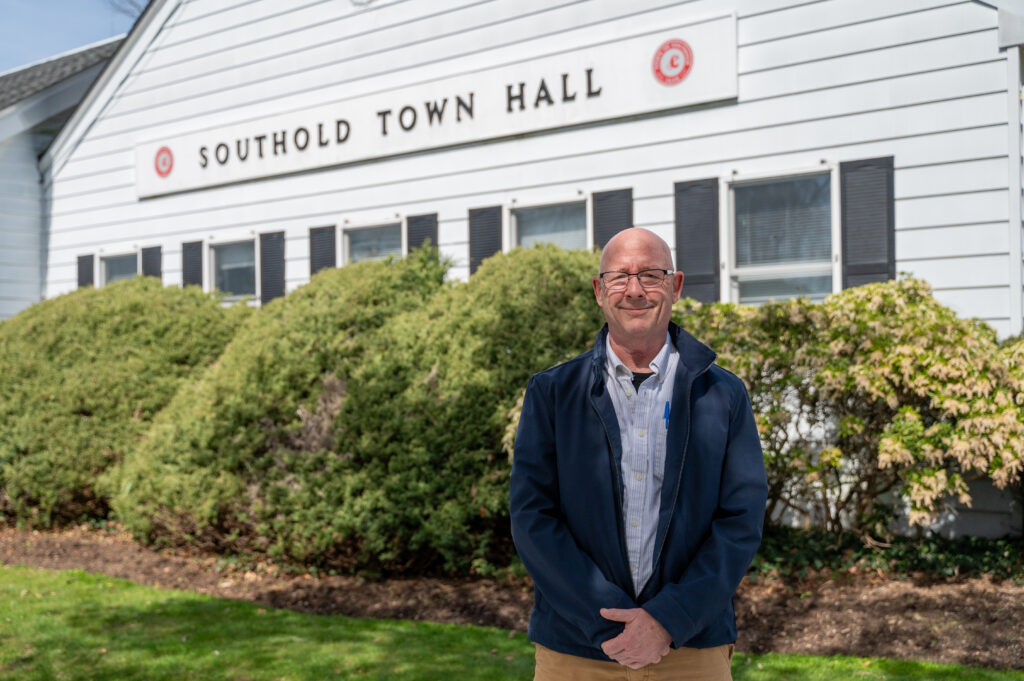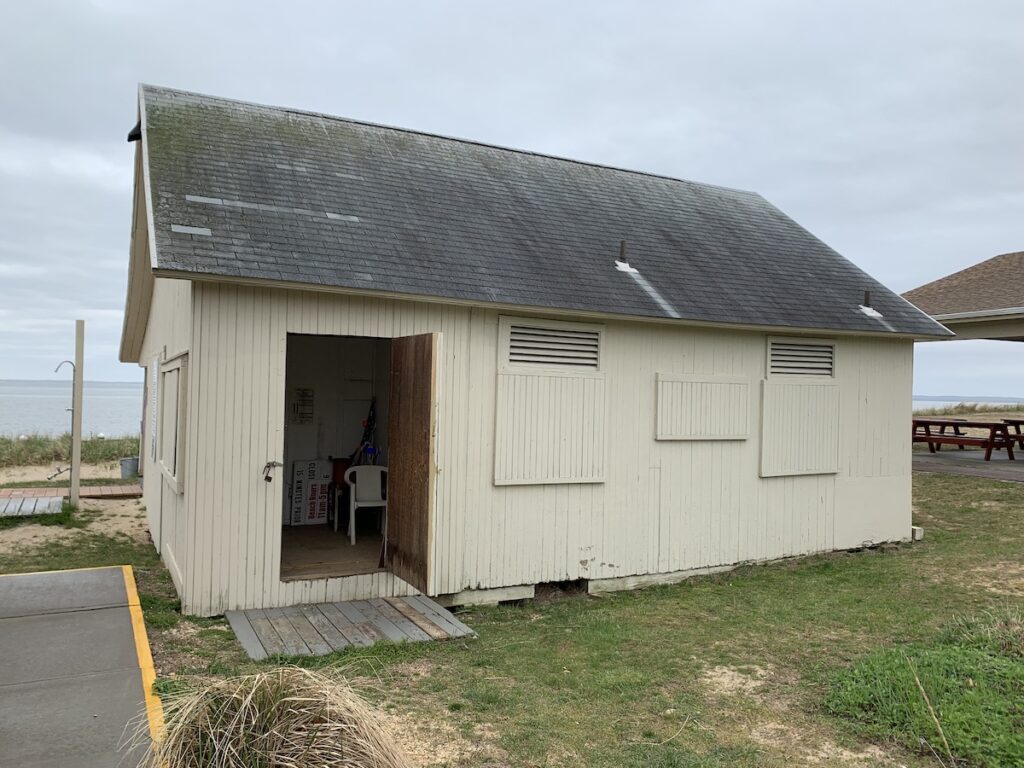Greenport considers changes to proposed parking law after public feedback

Greenport is contemplating changes to a proposed parking law, after feedback from residents at a public hearing last month. A new public hearing has been set for May 26 at 7 p.m.
As written at last month’s hearing, the amendment would have deleted a grandfathering clause that exempts the use, adaptation or change of use of buildings in retail and waterfront commercial districts built before Jan. 1, 1991, from off-street parking requirements.
It would have also allowed the Planning Board to grant a reduction up to 10% of parking on a site or property if the intended use requires less parking than obligated by town code. Additionally, the Planning Board would have been allowed to waive up to 50% of required parking spots or 20 spaces, whichever is less, at the cost of $5,000 each to the property owner.
As currently written, code allows the Planning Board to require property owners to pay $2,500 per parking space required but not provided. The board can waive up to 20 parking spaces. An updated amendment draft following a work session discussion last Thursday has not yet been made public. The draft legislation still needs to go to the village Planning Board for review.
Attorney Joseph Prokop, at the trustee work session, said he’s been working to implement suggested changes into the amendment proposal. He suggested to the board of trustees that the village avoid completely taking away the grandfathering provision, as originally proposed.
As long as the use stays the same from one owner to the next, or as long as an owner doesn’t change the use to require more parking or intensify the existing use by more than 20%, there should be no additional parking requirements, he suggested.
Trustee Peter Clarke suggested any intensification or increase should be subject to review and charge, rather than waiting for intensification to hit 20%. Some trustees also suggested considering a scaled fee based on the number of parking spots needed for the waiver charge per space.
The board discussed placing waiver fees into a restricted fund for specific purposes, such as paving parking lots and improving current infrastructure.
“To summarize a lot of this, any money that comes from a ruling from the Planning Board that somebody has to pay for parking would go into that account and be used only for parking projects,” Mayor George Hubbard said.
Trustees expressed concern about the waivers creating a “pay to play” scenario in the village that favors corporations and deeper pockets over smaller businesses, although Mr. Prokop said the Planning Board doesn’t have to grant the parking waiver.
Trustee Mary Bess Phillips pointed out that grandfathering was initially implemented because the village was “in a depressed state at that point,” and the board was hoping to incentivize the opening of more businesses. “But we’re not in 1991 anymore. A previous mayor wrote a piece a while ago, ‘Build it and they’ll come.’ Well, they’re here,” she said.
“We’re a destination. Do I think that if we put a charge in for parking, it’s going to deter anybody? I don’t think so,” she added. “We have to maintain the parking lots, we have to maintain the striping in order for it to be a truly comfortable experience for a tourist or resident to come into town.”
The code should be a “living document” that adapts to village needs, she said. “Maybe it’s pay to play but I don’t think it’s fair for the residents to pay for repaving the parking lots, for signage for parking. I think that falls to the business district.”
Trustee Jack Martilotta chimed in to clarify that this amendment is not a solution to parking. “I think this gives us an opportunity to bring some funding, to again look more holistically at signage and Moore’s Lane,” he said.








